Britain & Ireland 1066-1509
The Normans are coming – and they stayed and now we all speak French – actually we don’t , so why not? Well find out about the impact of the last great invasion into England and how the subsequent relations with France result in the Hundred Years War. Or learn about the Magna Carta and wars of the Roses – but this section is not all about war!
Sort by:
Date (Newest first) | Title A-Z
Show:
All |
Articles |
Podcasts |
Multipage Articles
-
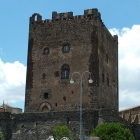
Norman Barons
ArticleClick to view -
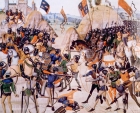
On the campaign trail: walking the Hundred Years War
ArticleClick to view -
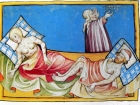
Period, place and mental space
ArticleClick to view -

Podcast Series: An Introduction to Magna Carta
Multipage ArticleClick to view -

Podcast Series: Early Modern Ireland
Multipage ArticleClick to view -
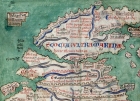
Podcast Series: Medieval Scotland
Multipage ArticleClick to view -

Podcast Series: The Hundred Years War
Multipage ArticleClick to view -
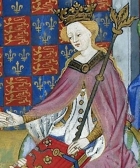
Podcast lecture: Mad or Bad? Was Henry VI a tyrant?
ArticleClick to view -
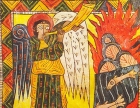
Podcasted Lecture: Why Medieval History Matters?
ArticleClick to view -

Polychronicon 118: interpretations of Henry VII
ArticleClick to view -
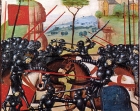
Polychronicon 148: The Wars of the Roses
ArticleClick to view -

Polychronicon 159: Interpreting Magna Carta
ArticleClick to view -

Popular revolt and the rise of early modern states
ArticleClick to view -

Power, authority and geography
ArticleClick to view -
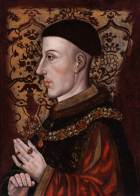
Recorded lecture: Henry V: Henry the Conqueror?
ArticleClick to view -

Recorded webinar: The People of 1381
ArticleClick to view -

Reflections of the Yorkist Realm
ArticleClick to view -
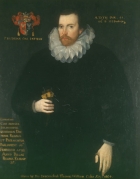
Reinventing the Charter: from Sir Edward Coke to 'freeborn John'
ArticleClick to view -

Remembering Agincourt: Bilingual Enquiry
Multipage ArticleClick to view -
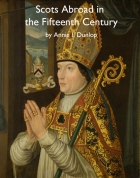
Scots Abroad in the Fifteenth Century
ArticleClick to view

